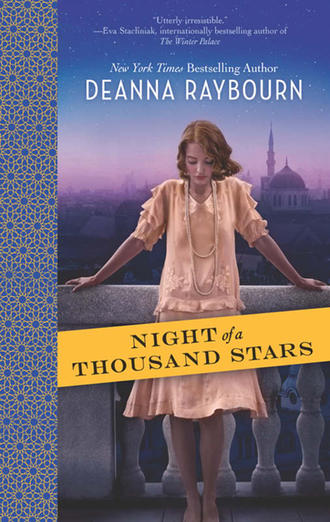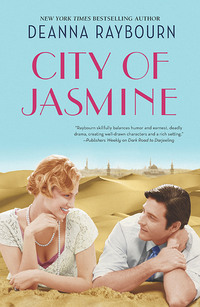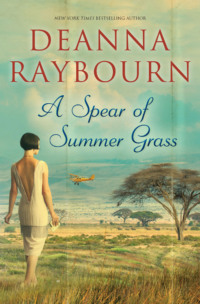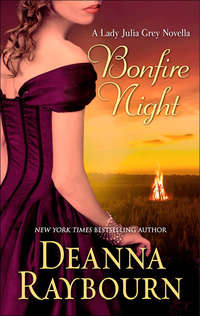Night of a Thousand Stars

Полная версия
Night of a Thousand Stars
Жанр: фэнтезиисторическая литературасовременная зарубежная литературазарубежное фэнтезифэнтези про драконовгероическое фэнтезисерьезное чтениеоб истории серьезно
Язык: Английский
Год издания: 2018
Добавлена:
Настройки чтения
Размер шрифта
Высота строк
Поля
Конец ознакомительного фрагмента
Купить и скачать всю книгу








